By Chen Tianhao
(ECNS) – Experts and scholars convened at a seminar titled "Profound Changes and International Studies" held by Shandong University in Weihai, Shandong, on Apr. 20, during which they focus on regional country studies and international issues research under the centenary profound changes.
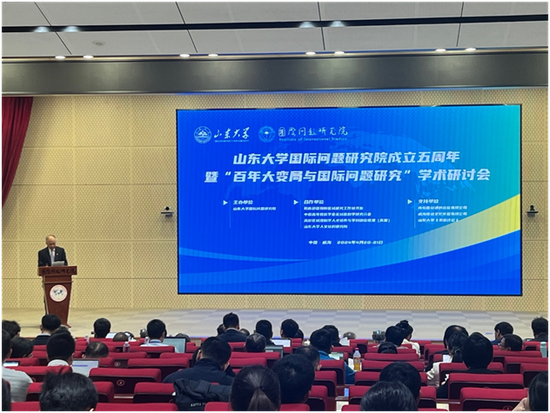
After the opening ceremony, two parallel discussions were held consecutively, with the first one focusing on “Regional Studies under Profound Changes”.
Liu Hongwu, director of the Institute of African Studies at Zhejiang Normal University, noted that regional studies can contribute to the management of foreign relations and advance the construction of a community with a community with a shared future for mankind, taking the example of African studies.
Ni Feng, director of the Institute of American Studies at the Chinese Academy of Social Sciences, highlighted the significance of the expansion of a well-structured research team of considerable size.
Executive vice-president of the Fudan Institute of Belt and Road (BRI) & Global Governance Huang Renwei pointed the significance of regional studies, adding that “regional studies can intellectual support for the BRI, while the BRI also presents great opportunities for the development of regional studies.”
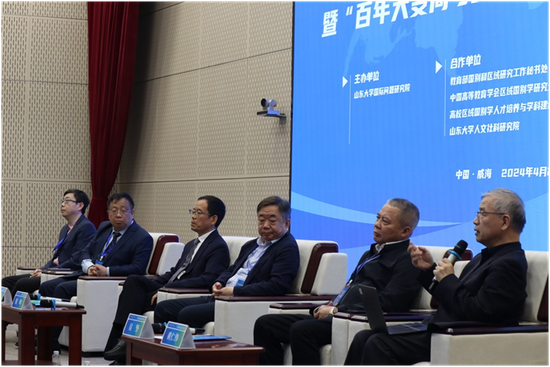
At the other parallel discussion, experts expound on topics surrounding “The World and China under Profound Changes”.
“The global governance is at a critical juncture, with the consensus on global governance facing the trend of power games and a resurgence of great power politics. Inclusive multilateralism is challenged by exclusive multilateral operations, and altruistic cooperation is confronted with the dilemma of international cooperation,” said Qin Yaqing, chair professor at Shandong University, “However, the intrinsic need of human society for global governance, the role of international organizations on global issues, and China's call for cooperation among major powers also present new opportunities for global governance.”
“As domestic and foreign policies are intertwined and affect each other, each country’s diplomacy is facing different diplomacy ecosystem," said Zhao Kejin, professor and deputy dean of the School of Social Sciences of Tsinghua University. "Still, major powers should seek ways of coordination."
The seminar was organized by the Institute of International Studies at Shandong University to celebrate its fifth anniversary.








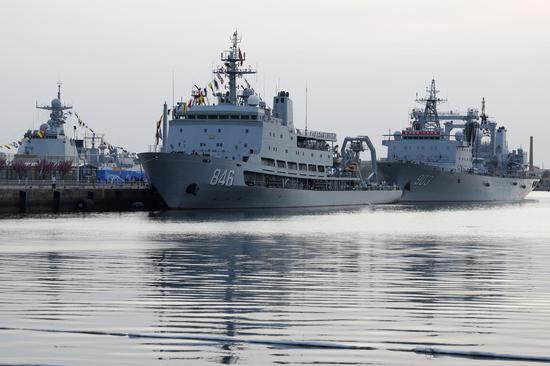
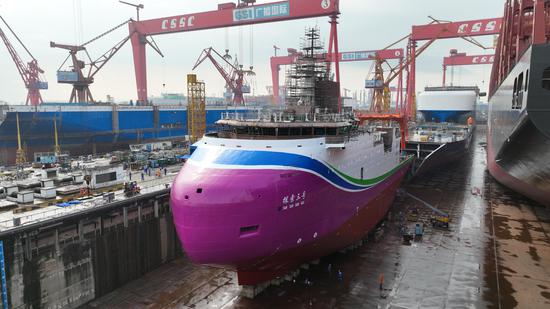


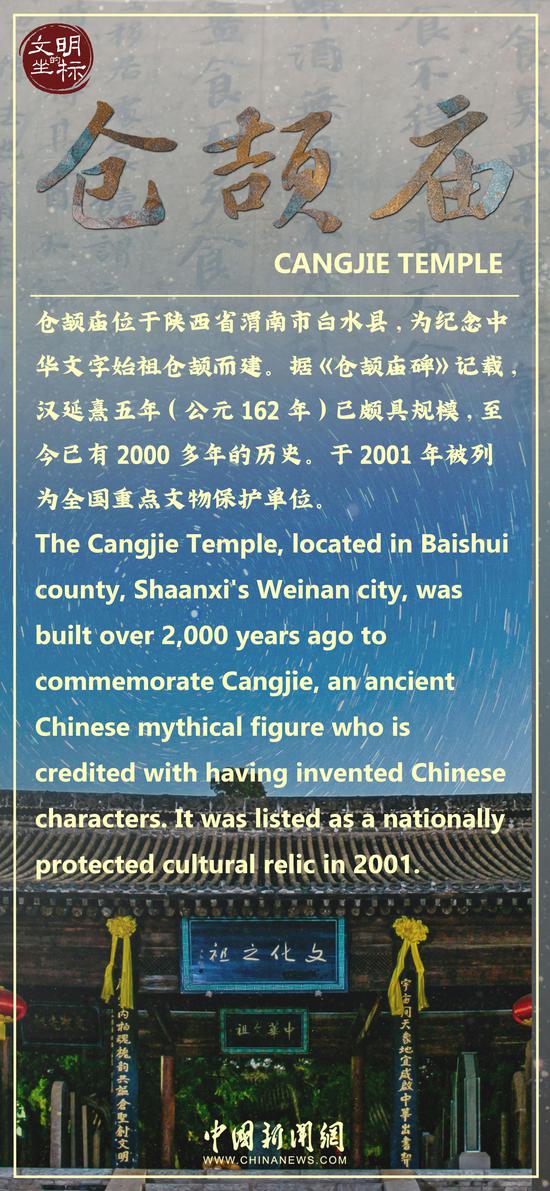
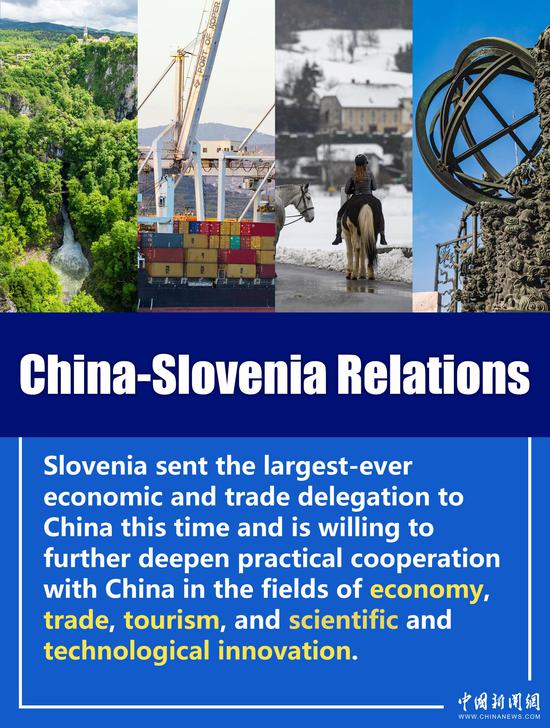
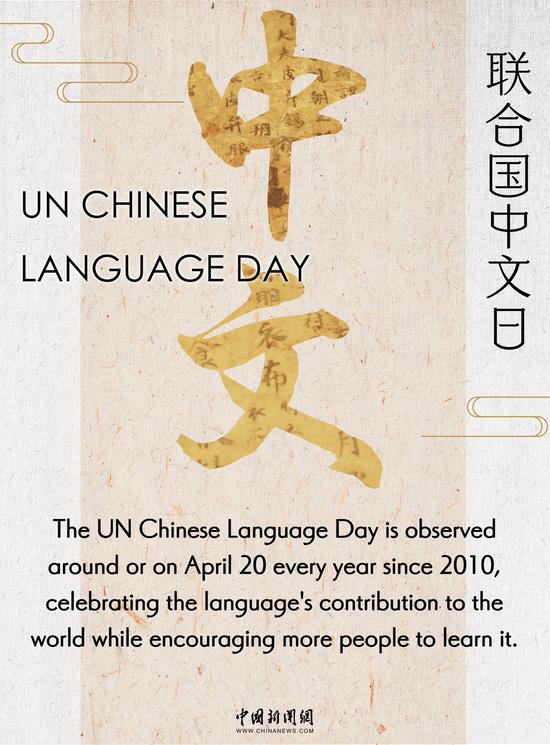



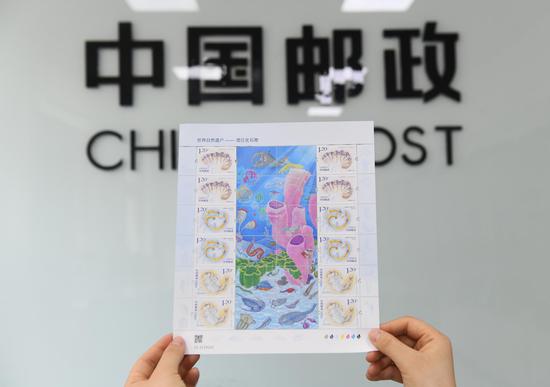
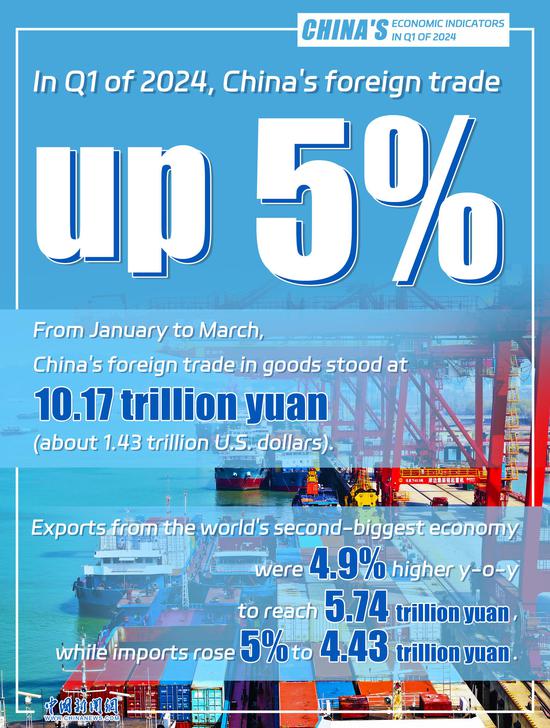





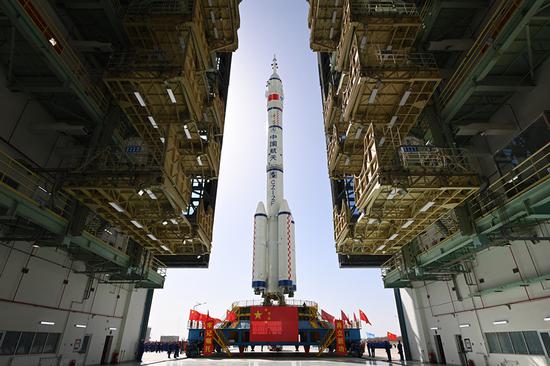



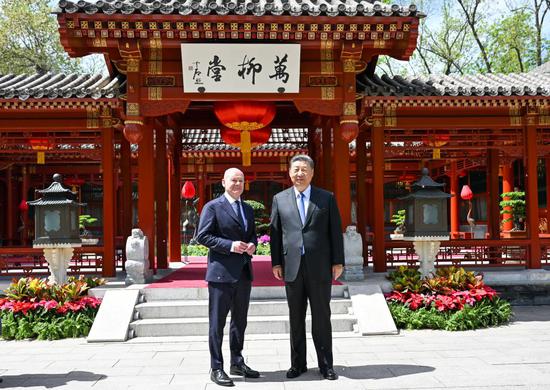

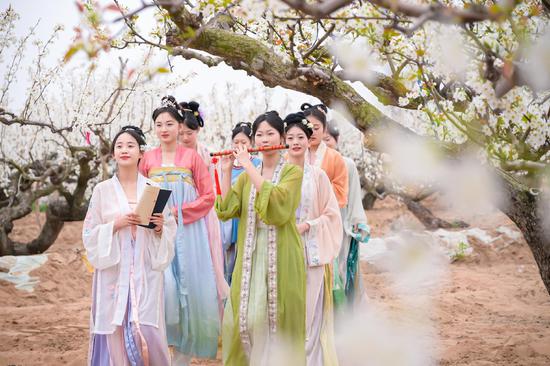

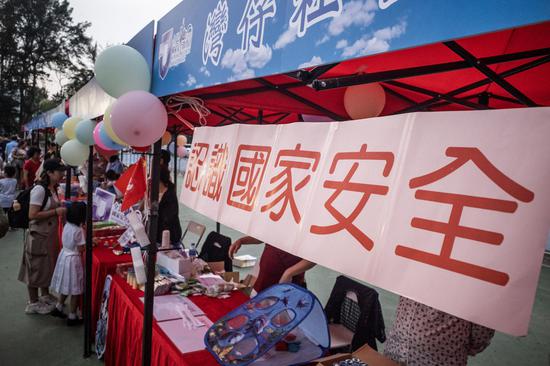


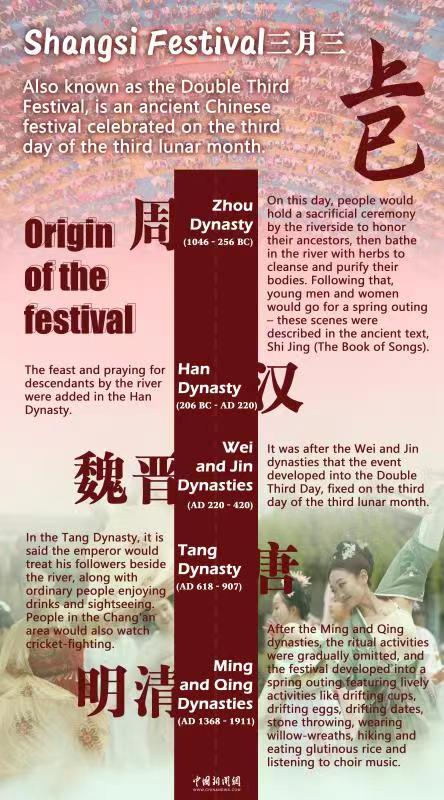
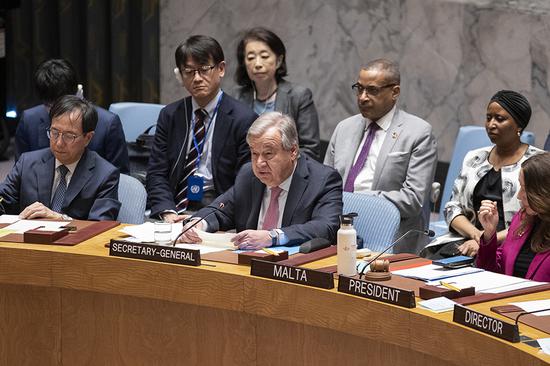
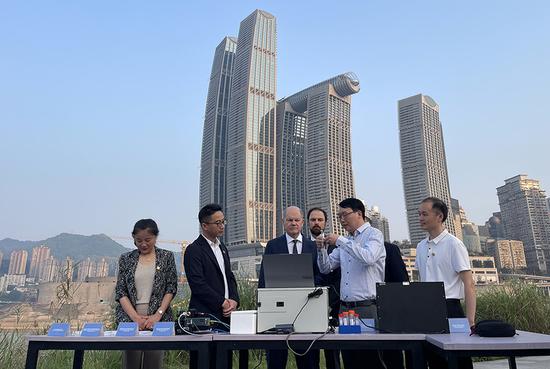
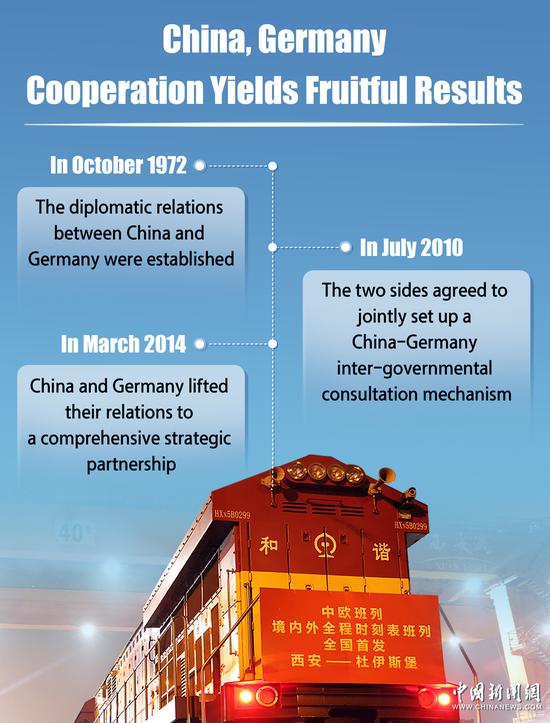

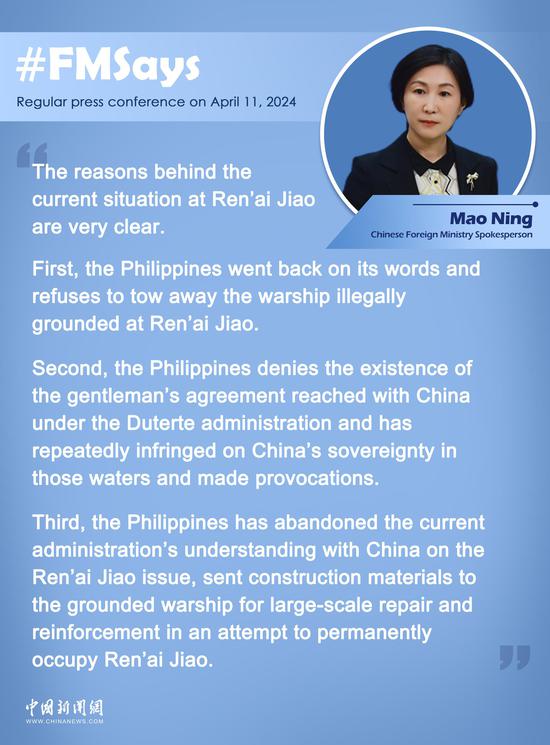
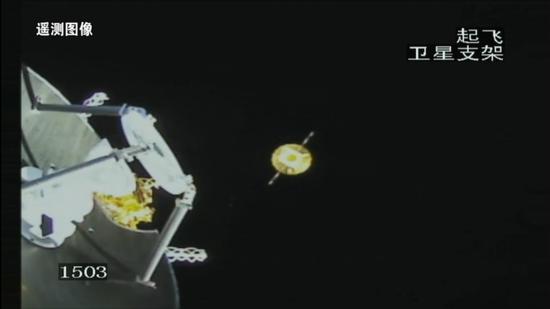







 京公网安备 11010202009201号
京公网安备 11010202009201号